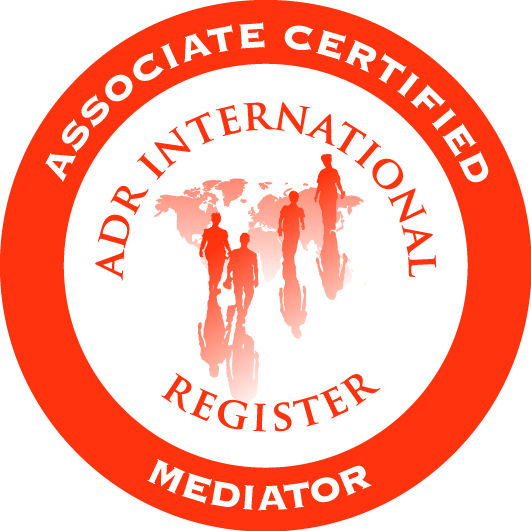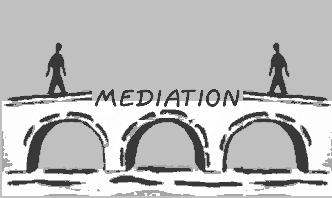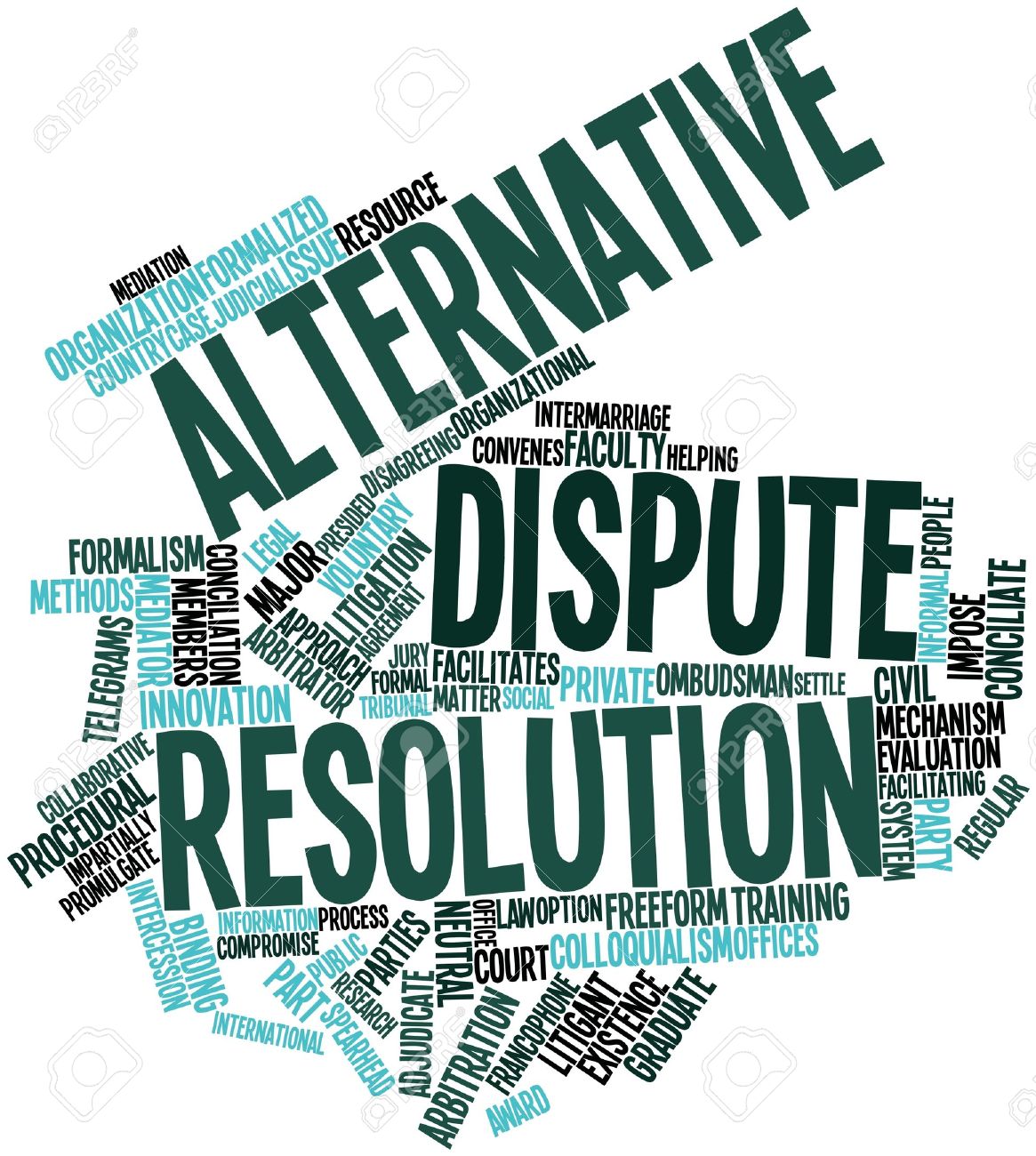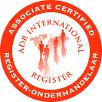Why Negotiation and Mediation Should Be Your First Steps in Civil Disputes
By Leon Terblanche | Trade & Legal (Pty) Ltd
In the complex and often overwhelming world of civil disputes, litigation has traditionally been viewed as the go-to route for resolution. However, in South Africa's increasingly burdened legal landscape—characterised by high litigation costs and a significant backlog in both Magistrates’ Courts and the High Courts—negotiation and mediation have emerged as not just viable, but preferable alternatives.
As a Panel Member of ADR South Africa and an accredited International Negotiator and Mediator listed with the Global ADR Network, I’ve witnessed first-hand how alternative dispute resolution (ADR) methods can empower individuals and small businesses to resolve conflicts affordably, efficiently, and amicably.
The Rising Cost of Litigation in South Africa
Litigation is a notoriously expensive endeavour. Legal fees, expert witness costs, court filing fees, and the potential for prolonged court appearances can quickly escalate beyond the means of most individuals and small business owners. The financial strain alone often dissuades parties from pursuing valid claims or defending against unjust ones.
Moreover, litigation does not guarantee a favourable outcome. Even a ‘victory’ in court can result in pyrrhic success if the cost of winning outweighs the compensation awarded.
The Civil Backlog Crisis in Our Courts
The backlog in South Africa's civil courts is no secret. Magistrates’ Courts across provinces are buckling under the pressure of thousands of cases awaiting their day in court. The High Courts—intended for more serious or complex matters—are similarly inundated.
This congestion leads to extended delays, often stretching for months or even years before a matter is finalised. For small businesses and individuals, these delays can mean stagnation, prolonged stress, and irreparable financial or reputational damage.
Enter Mediation and Negotiation: Practical Solutions for Civil Disputes
Mediation is a voluntary, confidential process where a neutral third party (the mediator) assists disputing parties in reaching a mutually acceptable agreement. Unlike a judge, the mediator does not impose a decision but facilitates constructive dialogue.
Negotiation refers to direct discussions between parties (with or without legal representatives or a facilitator) aimed at resolving the dispute amicably and on terms agreeable to both sides.
These approaches stand in stark contrast to adversarial litigation. Instead of fighting a zero-sum battle in court, parties are encouraged to work collaboratively toward a win-win solution.
The Types of Civil Matters Suitable for ADR
The beauty of mediation and negotiation lies in their versatility. The following civil matters are particularly well-suited for these processes:
-
Debt Disputes: Instead of chasing a debtor through lengthy court procedures, creditors can negotiate realistic payment plans or settlements.
-
Contractual Disputes: Breaches of service or supply agreements are common. Mediation allows both sides to clarify misunderstandings and preserve ongoing business relationships.
-
Civil Claims: Claims for damages, whether arising from negligence, defamation, or other causes, can often be resolved quicker and with more satisfactory outcomes via mediation.
-
Land and Property Disputes: These disputes are emotionally and financially taxing. Whether it involves boundary lines, informal land rights, or co-ownership disagreements, mediation provides a forum for fair and respectful resolution.
-
Rental and Lease Disputes: Landlord-tenant issues—from non-payment of rent to maintenance and eviction matters—are ideal for mediation, especially when both parties wish to avoid reputational damage or legal fees.
In all these cases, mediation and negotiation offer flexibility, privacy, and faster turnaround times. Parties retain control over the outcome, as opposed to ceding that power to a judge.
Judicial Support for Mediation in South Africa
South African courts have increasingly shown favour towards ADR mechanisms. A notable High Court judgment reaffirmed the importance of mediation before resorting to litigation. In Brownlee v Brownlee 2009 (2) SA 107 (W), the court criticised parties for failing to attempt mediation and highlighted its effectiveness in resolving family law disputes—lessons that are broadly applicable to all civil matters.
The court specifically held that litigation should be a measure of last resort and that the parties had a duty to attempt mediation in the interests of justice and cost-efficiency. The presiding judge emphasised that "mediation is not a soft option but a structured, dynamic, and cost-effective method of resolving disputes."
This landmark decision underlines a growing judicial expectation that parties should not clog up court rolls with disputes that could have—and should have—been resolved through dialogue.
Key Benefits for Small Business Owners and Individuals
For small business owners and individuals, the advantages of mediation and negotiation go far beyond cost savings:
-
Speed: Disputes can often be resolved in a matter of days or weeks, as opposed to months or years in court.
-
Confidentiality: Unlike court proceedings, which are public, mediation is private—an important factor for businesses concerned about reputation.
-
Preservation of Relationships: Whether it’s a supplier, tenant, or long-term business partner, ADR allows for the preservation and even strengthening of relationships.
-
Tailored Solutions: Unlike court judgments that are often rigid, mediated agreements can be flexible and creative, tailored to suit the specific needs and interests of both parties.
-
Emotional Relief: Litigation is adversarial and stressful. Mediation fosters cooperation, often reducing tension and fostering mutual understanding.
Trade & Legal (Pty) Ltd: Your Partner in Effective Dispute Resolution
At Trade & Legal (Pty) Ltd, we understand the unique challenges faced by individuals and small businesses in navigating civil disputes. We offer affordable mediation and negotiation services that are geared toward resolving conflicts swiftly and effectively.
Our services are designed to put you in control of the process and outcome. As a Panel Member of ADR South Africa and an accredited mediator with the Global ADR Network, I bring a wealth of experience to the table, having resolved disputes across a wide array of sectors and industries.
Whether you’re dealing with a rental dispute, contractual fallout, or an unpaid invoice, we can guide you through a process that is faster, cheaper, and more dignified than court proceedings.
Final Thoughts
Litigation will always have its place in the legal system, especially for complex or precedent-setting matters. However, for the majority of everyday civil disputes—particularly those involving private individuals and small businesses—mediation and negotiation should be considered not as alternatives, but as the default starting point.
South African courts are increasingly endorsing this view. The question is not whether ADR should be considered, but rather: Why haven’t you considered it yet?
Avoid the court backlog. Save money. Preserve relationships. Choose a smarter path to resolution.
For assistance with mediation or negotiation, contact Trade & Legal (Pty) Ltd. We’re here to help you resolve disputes efficiently, affordably, and fairly.
Leon Terblanche (LL.M International Law)
International Corporate Governance and Statutory Compliance, Legal and Alternative Dispute Resolution
Accredited member of the International Law Association (ILA)
Certified member of ADR International Register

Dispute Resolution
We believe that resolving disputes can be both amicable and constructive. Traditionally, commercial disputes result in litigation, which is costly, time-consuming, emotionally gruelling and often ineffective. Everyone involved loses something (except the lawyers).
What many people don’t realize is that there is a growing international trend which focuses on finding alternate ways to resolve disputes.
We are highly trained and expert negotiators and mediators accredited by ADR-NETWORK (SA). Internationally, we are registered with ADR INTERNATIONAL CONFLICT NAVIGATOR as International Negotiators and International Mediators. Our experience in Civil and Business Dispute Resolution will save you and your company vast amounts in legal costs. 
- Alternative Dispute Resolution: With the new “Rules Board for Courts of Law Act 107 of 1985“as amended, and published in the Government Gazette of 18 March 2014, there is now absolute clarity on the role of the mediator in alternative dispute resolution. Section 71 of the Act spells out the purpose of mediation very clearly;
(a) promote access to justice;
(b) promote restorative justice;
(c) preserve relationships between litigants or potential litigants which may become strained or destroyed by the adversarial nature of litigation;
(d) facilitate an expeditious and cost-effective resolution of a dispute between litigants or potential litigants;
(e)assist litigants or potential litigants to determine at an early stage of the litigation or prior to commencement of litigation whether proceeding with a trail or an opposed application is in their best interest or not; and
(f) provide litigants or potential litigants with solutions to the dispute, which are beyond the scope and powers of judicial officers.
- Internal Disciplinary Hearings: Employers are entitled to appoint an external person to chair disciplinary hearings. This was clearly established in the case of MEWUSA obo Mbonambi vs S Bruce CC (2005, 8 BALR 809). Not only is it perfectly fair and legal for an external person to be asked to chair the hearing, it is also desirable for the following reasons:
(a) An external person will be less susceptible to influence from the parties than would an internal chairperson.
(b) An expert in labour law will have the experience and skill to run the hearing according to the very complex requirements of the laws of evidence.
(c) Such an external chairperson would be able to arrive at a fair decision without breaching the myriad of complex principles that the CCMA expects to be applied.
(d) Many employers have had their dismissal decision overturned at the CCMA because the internal (employee/manager) chairperson was unskilled in the chairing of the hearings.
